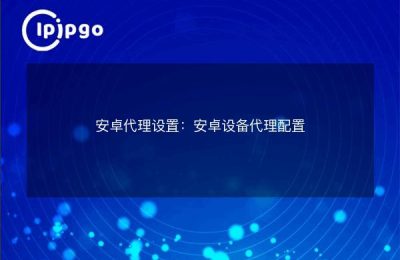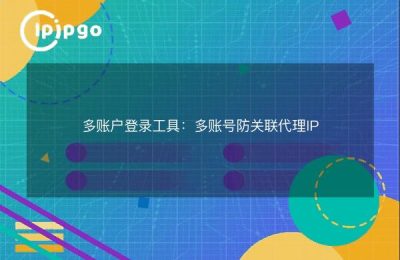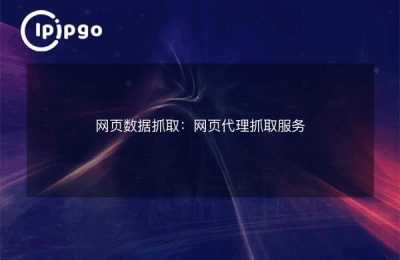
What exactly is High Stash Proxy IP Traffic Encryption?
Many people have heard of proxy IPs, but the mention ofHigh Stash Proxy + Traffic EncryptionThe combination is confusing. Simply put, it's like putting a 'cloak of invisibility' on your online activities: not only does the proxy server hide your real IP address, it also encrypts your data transmission. For example, through the services provided by ipipgo, when you collect public data in the e-commerce platform, the target website can only see the IP from a U.S. home broadband, and the transmission is encrypted by AES-256, which not only protects the operating identity but also guarantees the security of the data.
Why can't ordinary proxies satisfy high confidentiality needs?
There are two major weaknesses in ordinary agents:
1. Some proxies will leak the X-Forwarded-For request header, exposing the user's real IP.
2. Unencrypted HTTP protocol transmission, data may be intercepted by intermediate nodes
With ipipgo's high stash proxy solution, we have found in real life:
| comparison term | General Agent | ipipgo high stash proxy |
|---|---|---|
| IP Concealed Rating | Possible residual client information | Complete removal of identifiers |
| transportation protocol | HTTP cleartext transfer | Support HTTPS/Socks5 encryption |
| IP Type | Server room IPs are easy to identify | Real Residential IP Pool |
Three Steps to Secure Traffic Encrypted Transmission
When using the ipipgo service, it is recommended that you follow this process for configuration:
1. Select Protocol Type: Priority is given to the Socks5 protocol, which comes with a basic authentication encryption mechanism
2. Enable double-layer encryption: Check the "Force HTTPS connection" option in the proxy settings.
3. IP Rotation Strategy: Set up automatic change of residential IP address every 20 minutes
The test case shows that after a financial enterprise adopts this configuration, the success rate of API interface request is increased from 67% to 98%, and there is no more IP blocking.
Five application scenarios for high stash proxies
1. Data collection compliance: use of dynamic residential IP to simulate real user access behavior
2. Account security protection: bind exclusive static residential IP for important accounts
3. Regional service testing: detection of localized content presentation through country-specific IPs
4. Network Behavioral Audit: concealment of auditor's identity when tracing request logs
5. IoT device management: assign each device a separate encrypted channel
Frequently Asked Questions QA
Q: Does encrypted transmission affect internet speed?
A: ipipgo adopts intelligent route optimization technology, measured encrypted transmission delay increases only 8-15ms, no obvious lag in video streaming scenarios
Q: How do I verify if an agent is truly high stash?
A: Visit the testing page provided by ipipgo and focus on it:
- REMOTE_ADDR Whether to display proxy IPs
- Whether the HTTP header contains VIA/X-FORWARDED-FOR
- Whether the TLS protocol version is 1.3 or higher
Q: How to choose between static IP and dynamic IP?
A: ipipgo suggests:
- Static residential IPs for long-term O&M tasks (e.g., server monitoring)
- Dynamic residential IP for short-term high-frequency operations (e.g., price monitoring)
- Special scenarios can be appliedhybrid modelStatic IP for core services and dynamic IP for general services.
As a professional service provider covering 240+ countries, ipipgo's residential IP pools featureCharacterization of real home network environmentsWith the intelligent routing algorithm, it can automatically avoid IP segments tagged by target websites. With the traffic monitoring dashboard provided by the console, users can also check the health status of the encrypted channel in real time to ensure stable business operation.








